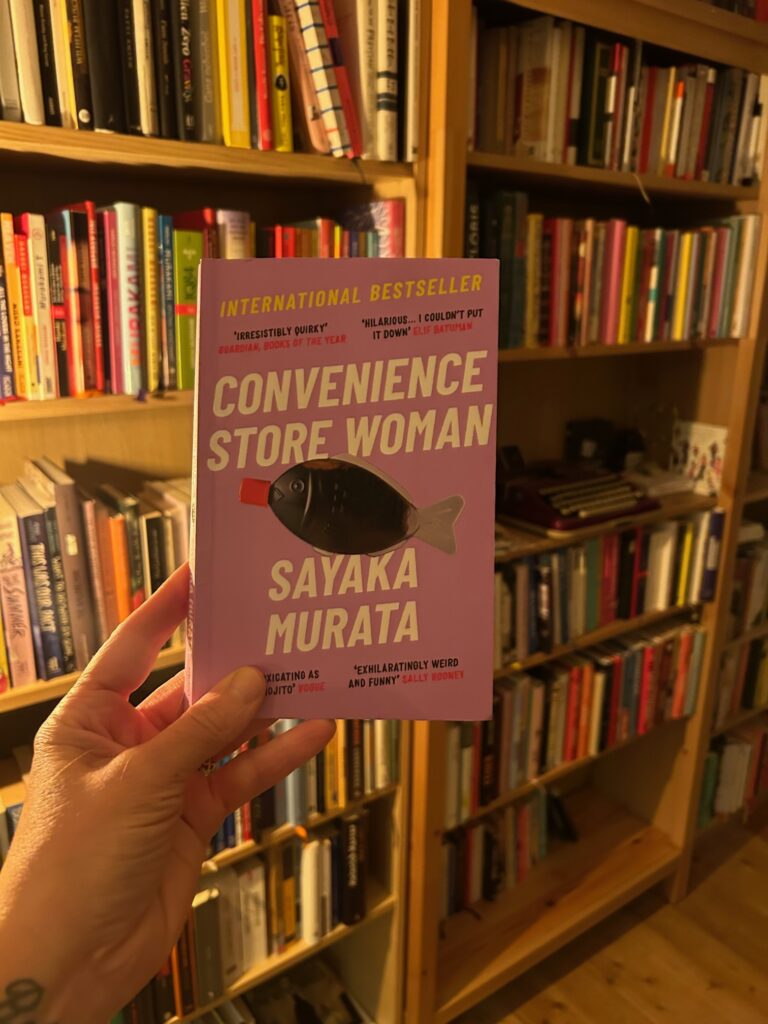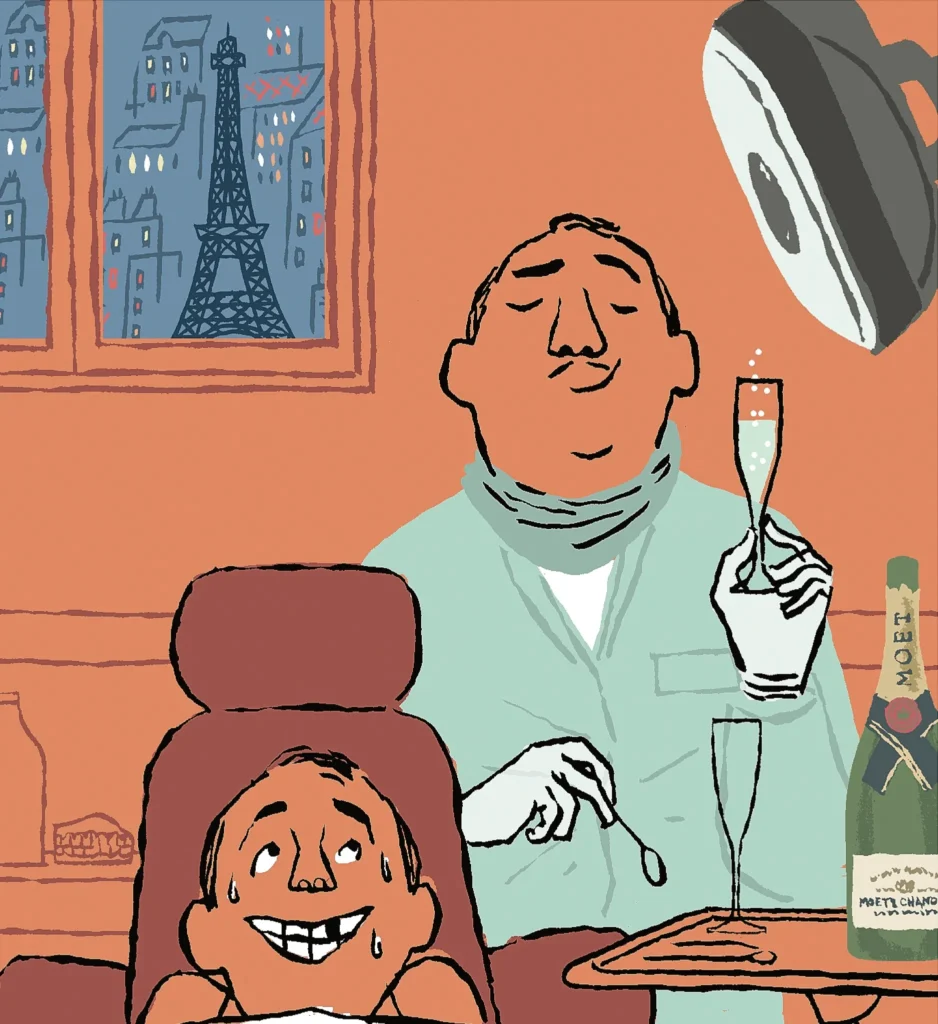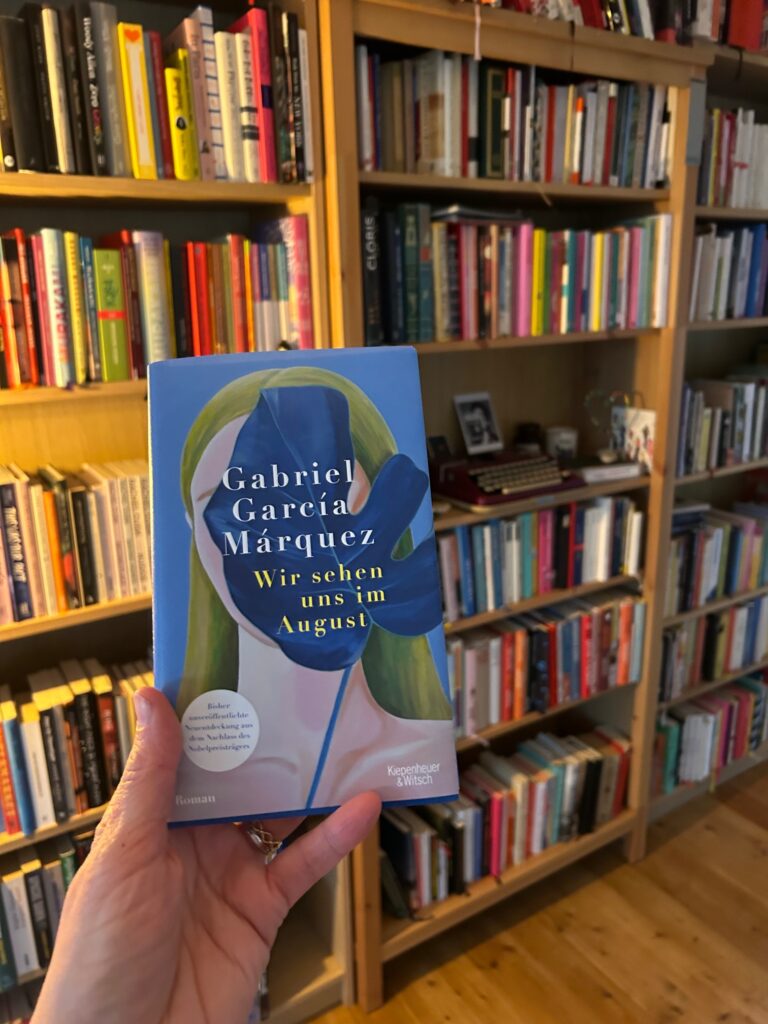.Book Thursday – The List of My Desires by Grégoire Delacourt.
“Jo and I are happy, I say, my voice unsteady. We’ve had our ups and downs like all couples, but we’ve managed to get over the bad times. We have two lovely children, a pretty little house, friends, we go on holiday twice a year.…



